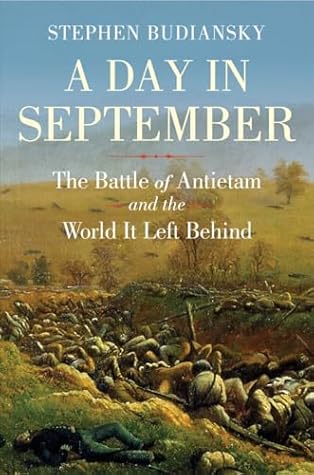Though he would always hold fast to the American democratic belief in the leveling force of personal virtue—that “patriotic zeal and devotion” were more important than professional qualifications and that when it came to the essential qualities of a commanding officer, “a bold heart, a cool head, and practical common-sense were of much more importance than anything taught at school”—he himself had studied war more seriously than most West Point graduates.
Welcome back. Just a moment while we sign you in to your Goodreads account.


